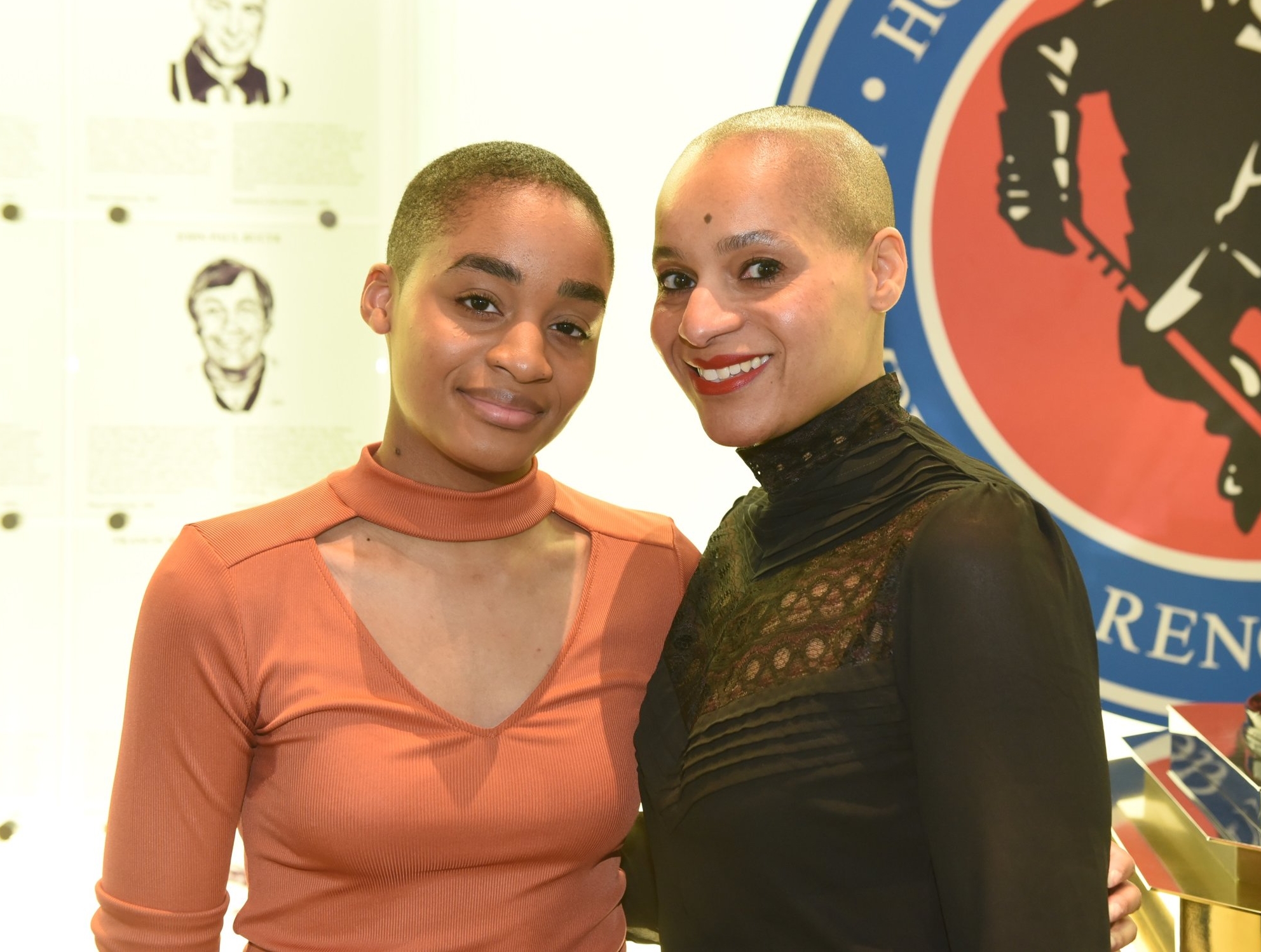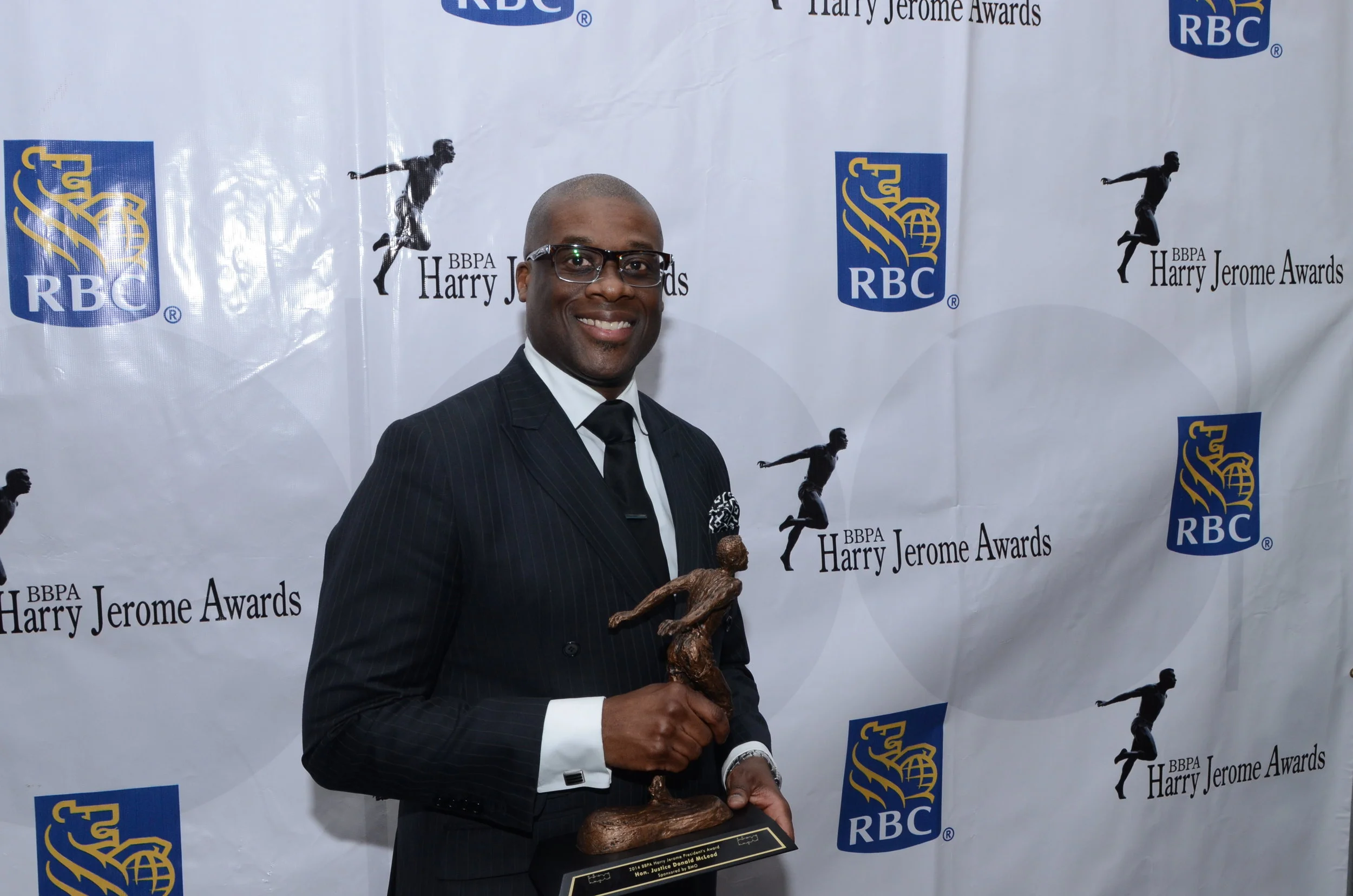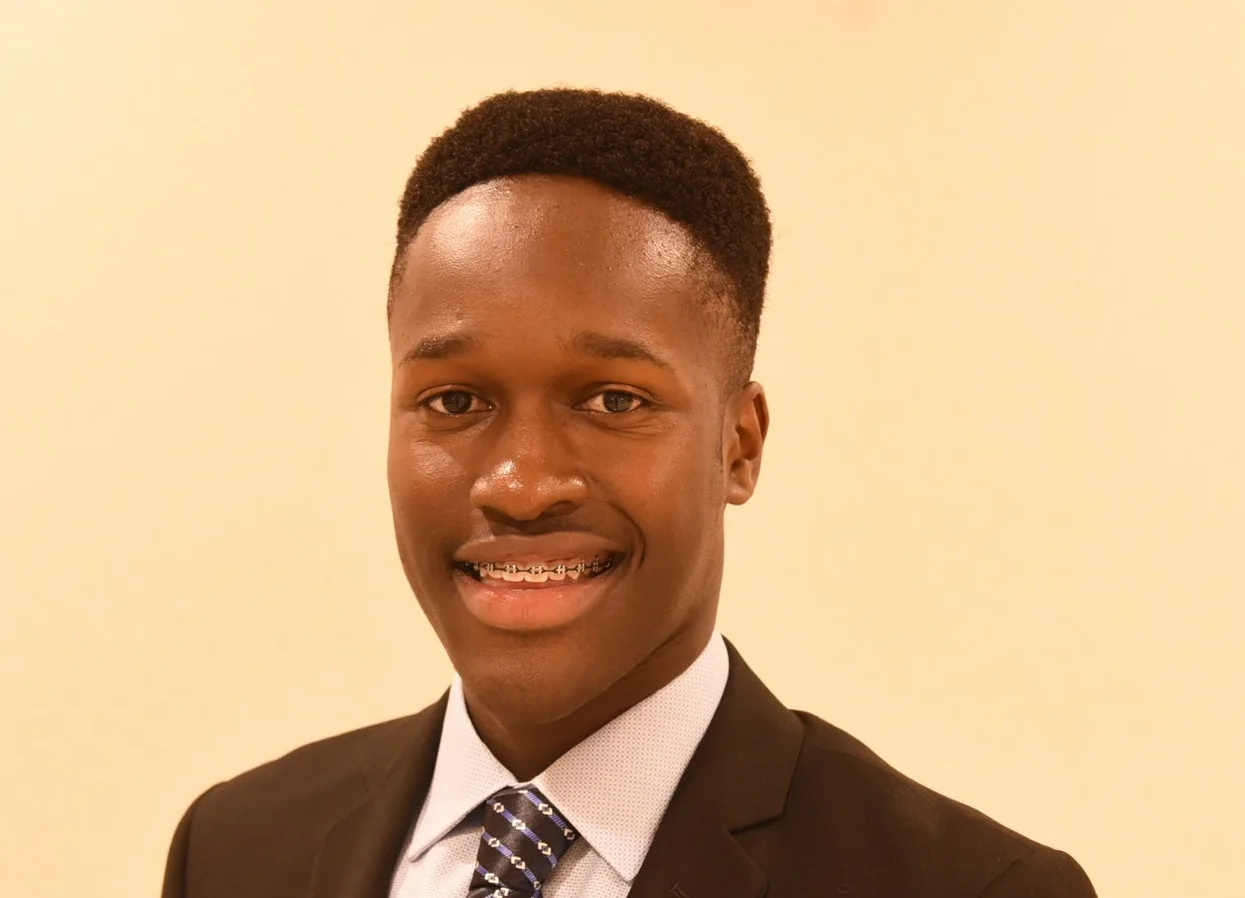Scholarship winner is focussed on technology
May 11, 2017
Shiloh Bell-Higgins is on a mission to replace the narrative surrounding the Black community and replace it with technology, innovation and creativity.
The Forest Hill Collegiate Institute Grade 12 student has contributed over 300 community hours volunteering with Black Youth in Tech Education that exposes students to technology and Ladies Learning Code that is a platform for young girls to learn coding.
Coding is a list of instructions given to a computer in order for it to perform desired actions.
“These are fields that are dominated by mainly White and Asian men and I want to change that,” said Bell-Higgins who was the recipient of a Herb Carnegie scholarship presented last Friday night at the Hockey Hall of Fame.
Ontario College of Art & Design graduate Karen Bell-Higgins is proud of her daughter’s achievements.
“Shiloh has a strong work ethic and commitment to community along with a true understanding of what it means to be young and interested in technology,” said the visual arts instructor who graduated with honours from OCAD and was a research assistant on McGill University’s ground-breaking National Arts Youth Demonstration Project that explored ways to increase racialized and Aboriginal children and youth participation in afterschool arts programs. “In addition, she’s cerebral. She observes, takes things in, is patient and then comment, interact and engage.”
Bell-Higgins, whose hobbies include drumming and sampling foods from different cultures, co-founded a mental health awareness club at her school that is aimed at debunking the stigmatization surrounding mental health.
Accepted by the University of Windsor, Concordia, Carleton and Ryerson Universities, the daughter of cultural critic and author Dalton Higgins has chosen to stay close to home in the Greater Toronto Area.
“Ryerson has a Digital Media Zone (DMZ) which is cutting edge and the leading business incubator for tech start-ups in Canada,” said Bell-Higgins who aspires to be a computer scientist. “That’s where I want to be.”
Launched in April 2010, the DMZ is an example of how universities can become logical settings to deliver support by creating new research spaces for student-driven research and learning.
A total of 60 scholarships were awarded to students in Ontario, British Columbia, Nova Scotia, Alberta, Manitoba, Newfoundland, Saskatchewan and New Brunswick.
The awards honour the memory of hockey pioneer Herb Carnegie who died five years ago at age 92.
Denied the opportunity to play in the National Hockey League (NHL) because of his colour, Carnegie established the Future Aces Hockey School in 1956 when his career ended and the Future Aces creed as a means of enhancing the overall development of young participants in the program.
The creed is a positive philosophy that instills self-esteem and mutual respect and also inspires educators, parents and community leaders to encourage youth to focus on such virtuous qualities as a good attitude, ethics, service and civic responsibility.
Scholarship donors include Rev. Dr. Chester Searles who is the pastor at BME Christ Church St. James, and his wife Janice, a retired Toronto District School Board (TDSB) principal.
They have supported the scholarship program for the past 13 years.
“I was very much moved years ago when I read about Mr. Carnegie and his journey and had the opportunity to see the actual philosophy of the Future Aces Creed put into practice in schools that I had a chance to bring it into,” said Searles who spent 31 years with the TDSB before retiring in 2012. “Education is critical to success and we also like to give back to the community.”
Just nine of the recipients this year were males and none of them was Black.
Noting the absence is troubling, Searles is encouraging Black male students to apply.
“Academics are important but it’s not the end-all when it comes to this scholarship program,” she noted. “Mr. Carnegie always told young people that it’s their attitude and not their aptitude that will determine their altitude. He was concerned about what kind of person you are, what people think of you and what are you are doing for others. So while you may not be achieving 90s in high school, once you possess those qualities and were in the 70s and working hard to progress, that appealed to him and it would certainly resonate with those making the scholarship selections.”
The Herb Carnegie Foundation has given out nearly $700,000 in scholarships to about 690 recipients since the national program was initiated in 1988.






